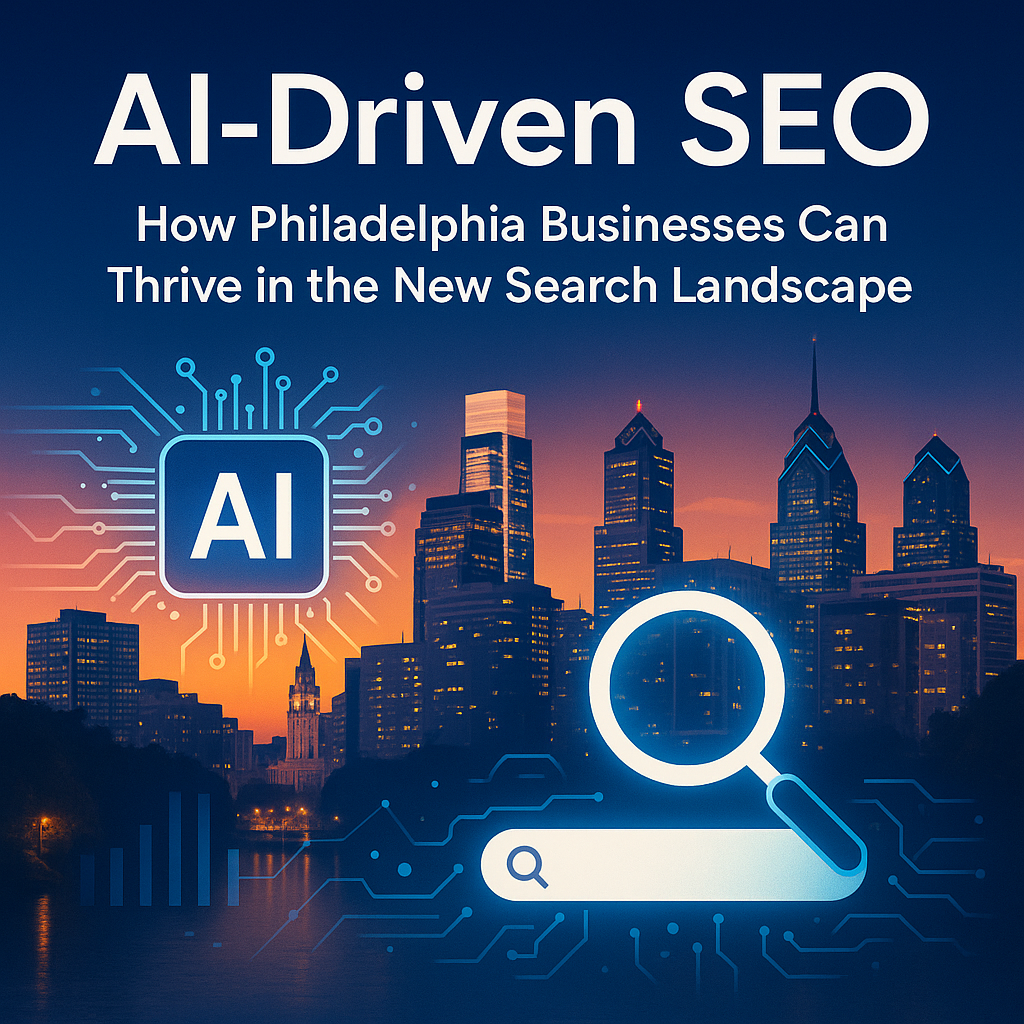Perplexity AI’s bold bid for Chrome draws skepticism
On August 18, Perplexity AI made waves by offering to acquire Google’s Chrome browser for US$34.5 billion. The proposal is audacious because Perplexity’s own valuation is only about US$18 billion and the offer is far below what analysts estimate Chrome is worth. Wedbush analyst Dan Ives and DuckDuckGo CEO Gabriel Weinberg told the media that Chrome would likely fetch at least US$50 billion, meaning the bid appears more like a publicity stunt than a genuine takeover. Perplexity says investors will provide additional financing, but it has not disclosed details.
The startup’s offer includes surprising promises such as keeping Google as the default search engine and maintaining Chrome’s open‑source underpinnings. Industry observers argue that these terms contradict typical acquisition logic and underscore that the bid may be more about media attention and strategic positioning than about control of Chrome. Regulators are already scrutinizing Google’s dominance; the timing of Perplexity’s bid coincides with antitrust proceedings and underscores how control of web browsers has become a key battleground in the AI search race.
Malaysia launches major AI talent initiative with Huawei
Malaysia’s government announced a partnership with Huawei to build a homegrown AI workforce. Digital Minister Gobind Singh Deo said the country’s National Cloud Computing Policy (NCCP) will underpin a sovereign digital economy and that Huawei will train 30 000 local professionals. Speaking at the Huawei Cloud AI Ecosystem Summit, he emphasized that AI‑driven productivity must benefit all segments of society, from small businesses to rural clinics.
Huawei’s infrastructure strength is a key part of the programme. Gartner recently placed Huawei in the Leaders quadrant of its container management Magic Quadrant. The company operates 34 cloud regions and 101 availability zones, including five regions in the ASEAN region, providing low‑latency infrastructure for AI workloads. Huawei Malaysia CEO Simon Sun said the initiative will train 30 000 Malaysian AI talents over the next three years and nurture hundreds of local partners through knowledge transfers and investment. Beyond training, the NCCP establishes governance and security frameworks to ensure that AI adoption is safe and inclusive.
Security chiefs call for urgent regulation of AI tools like DeepSeek
A survey of chief information security officers (CISOs) in the United Kingdom highlighted growing anxiety about advanced chatbots. The poll of 250 CISOs found that 81 % believe Chinese AI chatbot DeepSeek requires urgent government regulation, and a third have already banned AI tools outright over cybersecurity concerns. CISOs fear that platforms like DeepSeek could expose sensitive corporate data and be weaponized by cybercriminals. Three in five security leaders predict a direct increase in cyberattacks as AI models proliferate, and nearly half admit that their organisations are not prepared to manage AI‑driven threats.
Andy Ward, senior vice‑president at Absolute Security, said the survey shows that organisations urgently need national‑level regulatory frameworks to govern how AI tools are deployed and monitored. Despite the defensive posture, companies are investing in AI expertise rather than abandoning it. The report notes that 84 % of organisations are prioritising the hiring of AI specialists and 80 % are training executives on AI. This dual approach—strengthening internal expertise while pressing for regulation—highlights the delicate balance between innovation and security.
Economic and industry trends
AI spending fuels growth but raises concerns
AI capital expenditures are reshaping the U.S. economy. Economist Neil Dutta told Fortune that AI-related investments by tech giants including Alphabet, Microsoft, Amazon and Meta are expected to total US$400 billion this year, contributing more to GDP growth than consumer spending. However, this investment boom may “crowd out” other sectors; massive data‑center projects strain electricity grids and could even hinder housing construction. Utilities in regions hosting AI‑ready data centres have begun raising rates to fund infrastructure upgrades, squeezing household budgets.
AI adoption in videogame development
A Google Cloud and Harris Poll survey of 615 game developers found that 87 % are already using AI agents to automate tasks such as content generation and testing. About 44 % of respondents rely on AI to optimise and process text, voice, code, audio and video, allowing them to focus on creative work. Developers expect AI to reduce development costs, though there are concerns about job losses and intellectual‑property issues.
Compliance teams become unlikely AI innovators
An Industry Today article notes that corporate tax, legal, risk and compliance departments are leading AI adoption because of surging regulatory complexity and resource constraints. Thomson Reuters research shows that 62 % of employees in corporate legal departments feel they lack enough time to complete their tasks. AI tools are helping these “departments of no” process large volumes of data, draft documents and flag anomalies, turning them into AI incubators within their organisations. The survey found that 81 % of professionals in these departments expect AI to have a high or transformative impact in the next five years.
Conclusion
Today’s AI landscape shows both ambition and caution. Startups like Perplexity AI are pushing bold moves to gain strategic footholds, governments like Malaysia are investing in talent and infrastructure, and security chiefs are raising the alarm about unchecked AI tools. Meanwhile, AI spending is boosting economic growth even as it strains infrastructure, game developers and corporate compliance teams are embracing AI to boost productivity, and the call for strong regulatory frameworks continues to grow. Staying informed about these dynamics is essential as AI increasingly shapesbusiness, policy and society.







